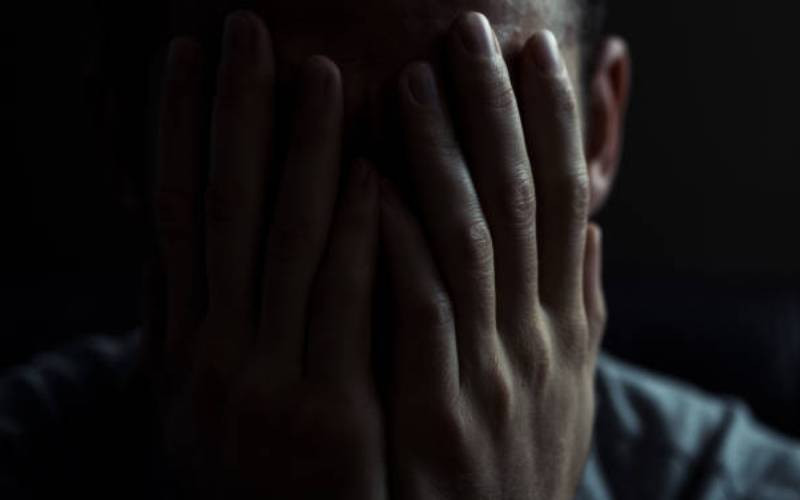
“Illusion” is a now that points to something that deceives by producing a false or misleading impression of reality. Most people would never consider medical interventions as illusory. But the reality is it can be. There’s even a term for it, therapeutic illusion. At its simplest, therapeutic illusion is the false belief of the beneficial effects of medical therapy, even when the interventions might have been unnecessary.
The therapeutic illusion was brought to the fore in the 70s by a general practitioner. He tracked 200 patients who had general symptoms, but their diagnostic evaluation did not yield any specific diagnosis.
He randomly assigned one group to no treatment, after explaining they didn’t have any evidence of disease. The other group was assigned a sham diagnosis and was given some medication. Subsequent follow-ups did not show any difference in various health parameters between the two groups.
You could debate about the ethics of the study. However, the main observation was the patient who is made better with no treatment could also be made better with some form of treatment. The danger is that some form of sham diagnosis could hastily be treated successfully with therapeutic illusion.
The patient ends up falsely believing in the benefits of the offered treatment. Therein lies the illusion that there is always a relationship between diagnosis, treatment and recovery.
What drives therapeutic illusion? Physicians often overestimate the benefits of medical interventions, including various tests and treatments. There is an inherent tendency to attribute causality where none exists.
Physicians also tend to look selectively for evidence that backs up their clinical decisions. There may be patient factors too, including preconceived expectations of some form of intervention whenever one sees a doctor.
There are other complex factors as well that may be silent drivers of the phenomenon of therapeutic illusion. Healthcare providers have their business targets, and this may sometimes compound the level of interventions that are offered.
- How to baby proof your home in Kenya
- Parental kissing: Should parents kiss their children on the mouth?
- The cost of mother shaming
- Fear of a 'toxic' label should not deter parents from disciplining their children
Keep Reading
There are also all sorts of measurable metrics in healthcare, sometimes ill-matched to patient benefits but adding onto medical interventions. The current litigious nature of medical practice also contributes to illusory therapeutics.
Therapeutic illusion cannot be completely eradicated but it should be minimised. Inappropriate interventions can cause harm to patients and can be costly. Physicians must be critical of their practice, and be ready to offer no interventions whenever a diagnostic evaluation demands so.
You should also be ready to accept that doing nothing when faced with inconsequential symptoms is a pragmatic medical approach.
Dr Murage is a Consultant Gynaecologist and Fertility Specialist.
 The Standard Group Plc is a multi-media organization with investments in media platforms spanning newspaper print
operations, television, radio broadcasting, digital and online services. The Standard Group is recognized as a
leading multi-media house in Kenya with a key influence in matters of national and international interest.
The Standard Group Plc is a multi-media organization with investments in media platforms spanning newspaper print
operations, television, radio broadcasting, digital and online services. The Standard Group is recognized as a
leading multi-media house in Kenya with a key influence in matters of national and international interest.










